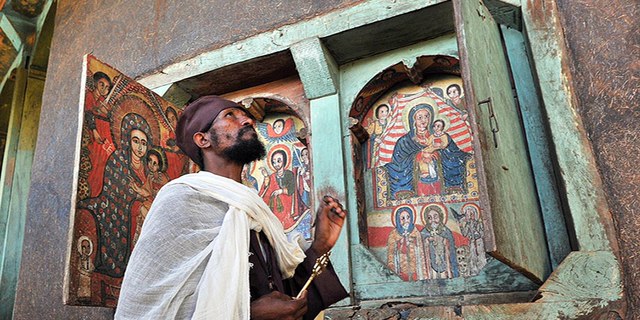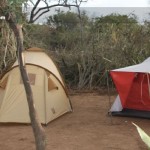Easter is one of the greatest Christian holidays in Ethiopia. Over the years, celebrating Easter in Ethiopia has become a must do pilgrimage for most Christians around the world.
ORTHODOX EASTER
Easter celebrations in Ethiopia basically follow the Orthodox Calendar. Though the lent season starts 55 days before,the major days in this season are as follows:
1. PALM SUNDAY
During palm Sunday, revelers will walk around the city of Addis carrying palm trees as they sing Hosanna. This is to commemorate when Christ the Messiah entered Jerusalem, riding on the back of a donkey.
2. HOLY THURSDAY (TSELOTE HAMUS)
On this day, most Ethiopians attend mass as of midday. During this mass, the priest acts out the last supper. The core ceremony on this day is washing of feet. After appropriate readings, the leading celebrant then washes the feet of fellow 12 priests who represent the 12 disciples.
The faithful then stay in the presence of the Eucharist just as the disciples kept vigil with Christ. For first timers to Ethiopia, we recommend that you pop into Holy Trinity Cathedral in Addis for mass.
At home, special food of beans mixed with wheat and boiled together (bakela )is distributed. It is believed to symbolise the Old Testament Passover.
3. GOOD FRIDAY (SKILET)
On Good Friday. people fast and pray all day. Many Ethiopians prefer to take on the pilgrimage that covers the rock hewn churches of Lalibela. During this pilgrimage, faithfuls acknowledge the 12 stages of Christ’s final walk that led to his crucifixion. Faithfuls take turns in carrying the cross as they sing and pray.
4. SATURDAY
Saturday is a day where most homes prepare a special meal in preparation of the breaking of fast. The faithfuls then attend a vigil mass where they sing and pray until the early hours of the morning. At 3:00 m, everyone goes back home to break their fast by a chicken that has been slaughtered at midnight to symbolise the occassion.
5. EASTER SUNDAY
On Sunday morning, most families slaughter a sheep to start the feasting. Revelers then wear special clothes and prepare special foods and locally brewed alcohol. If you are a foreign, chances are you will get several invites to join them at home for the meals.


